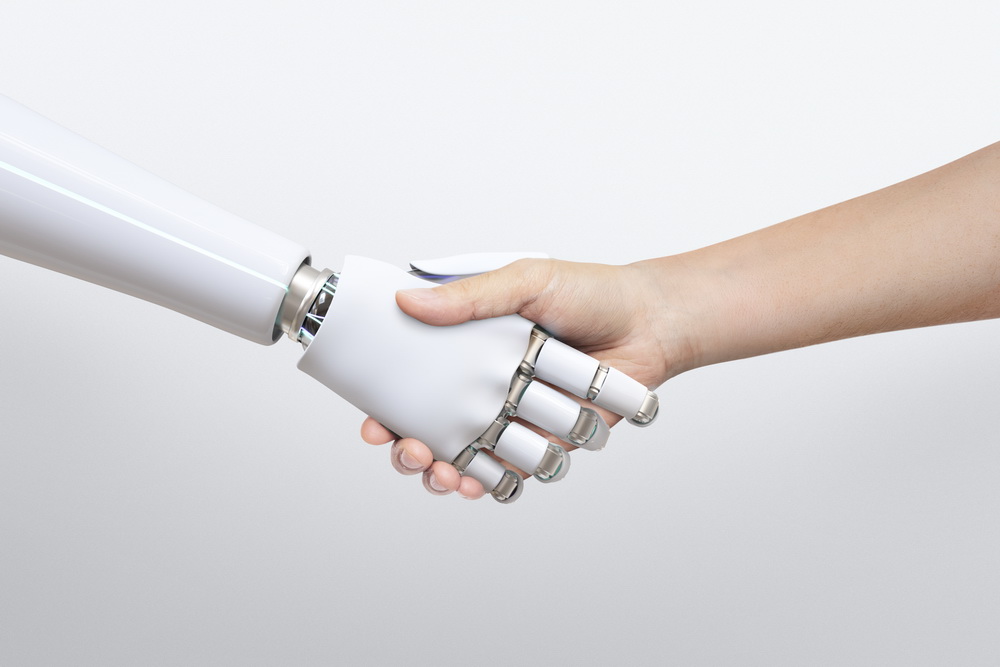Emerging challenges and diminished attendance at the second global AI safety summit
The second Global AI Safety Summit in Seoul, South Korea, faces decreased attendance compared to its inaugural session with discussions covering issues like copyright ethics, data scarcity, and environmental impact.

The second Global AI Safety Summit, scheduled for May 21-22 in Seoul, South Korea, faces a significant decrease in attendance compared to its inaugural session. Co-hosted virtually by Britain and South Korea, this year’s summit will address crucial issues surrounding AI’s impact on society and its regulatory challenges.
The inaugural summit at Bletchley Park, notable for the ‘Bletchley Declaration‘, symbolized a global commitment to AI safety and regulation, where industrial and geopolitical tensions gave way to concensus and shared stakes. This year, however, key figures have opted not to attend, turning down the invitation. Key attendees like the EU’s top tech regulators and the governments of Canada, the Netherlands, and Brazil have declined or are still considering their invitations. The lower turnout, however, may be linked to the shift in the general treatment of AI technology from the initial hype of its potential to raising questions about its limitations, according to some experts.
Expert Martha Bennett from Forrester Research emphasizes the difficulty in expanding upon the broad agreements made at Bletchley Park due to differing global perspectives on AI regulation.
Francine Bennett from the Ada Lovelace Institute points out that ‘The policy discourse around AI has expanded to include other important concerns, such as market concentration and environmental impacts.’
While some industry giants rely on an energy breakthrough and heavy financing to boost production, Professor Jack Stilgoe, an expert in technology policy at University College London, warns that ‘The failure of the technology to live up to the hype is inevitable.’ suggesting a more measured approach to expectations and ventures in AI development.

